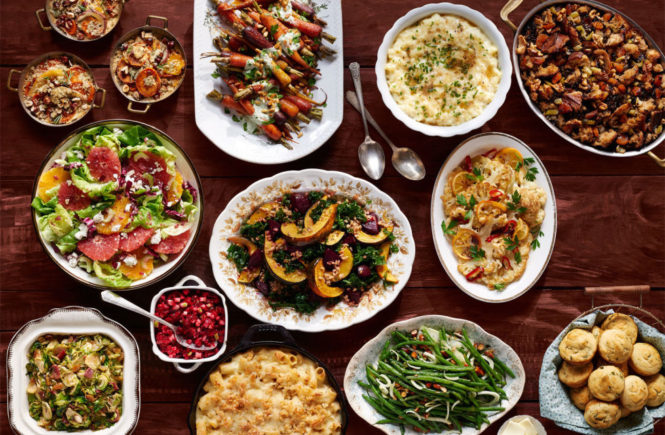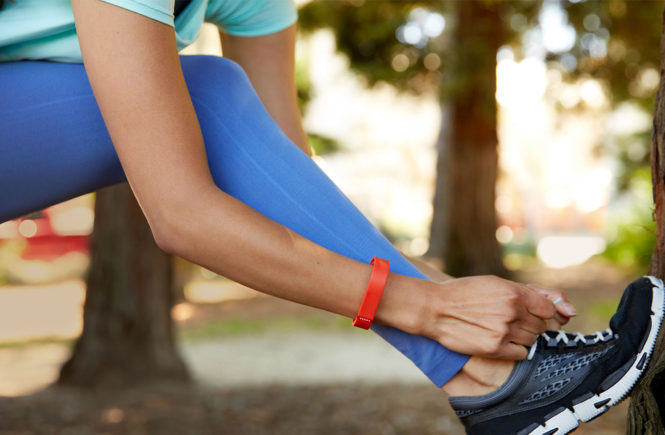Category: Habits
-

6 Tips to Avoid Overeating and Binge Eating at Thanksgiving Dinner
Thanksgiving dinner is for Overeaters like what New Years Eve is for Alcoholics. It’s the day when everyone overindulges and bingeing is viewed as normal. You don’t have to binge eat this holiday season, and here are 6 tips to help you prepare for a sane and enjoyable day. Start the day with a gratitude list.…
-

What is Self Care Project? #selfcareproject
The days between Halloween and New Years tend to be a danger zone for those of us who struggle with food. It’s the time of year when tensions rise and even the most normal of eaters let their healthy habits slip. I have been thinking about my own intentions and asking myself why I am able to easily maintain some habits while struggling with others. Research shows that people who…
-

Matt Davis – Coastal – Cataract
This is one of my favorite hikes at Mount Tamalpais. Whenever I have the time to escape the city for a few hours, this loop is my first choice. There are spectacular views at every turn as the trail meanders through dense forest, flowering hillsides, and a lush fern grove along a creek. Hiking this trail…
-

Fitbit and Non-Exercise Activity Thermogenesis (NEAT)
Let’s talk about fitness habits! In 2012, I started wearing a fitbit to track my acitivy. I think y’all know I am a huge fan of Fitbit. That tiny little device has had a huge impact on my recovery from obesity and disordered behavior around food and body. The simple concept of 10,000 steps per day…